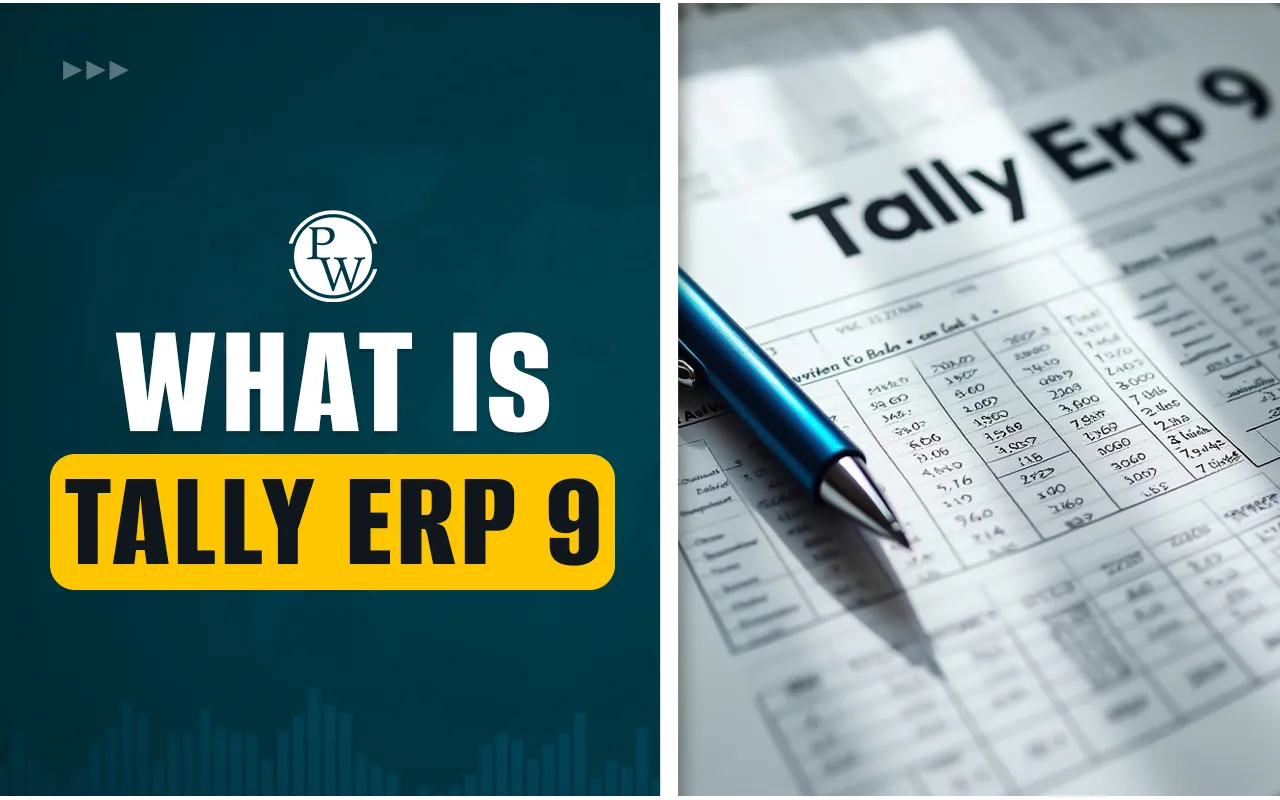
Individuals can do a job as a Project Finance Analyst if they enjoy money and building important infrastructure. Project finance analysts support the development of important infrastructure and industrial projects for different regions.
The definition of a Project Finance Analyst, how to become one step by step process, roles, Job descriptions, and salary are given in this article. It's important to first understand what qualifications, experiences, and abilities will help you land a position as a project finance analyst.
What is a Project Finance Analyst?
An entry-level position in the project finance industry is that of a project finance analyst. Project finance is a branch of finance that focuses on financing public services, infrastructure, and industrial systems like power plants. These types of projects can take many years to finish and demand a significant amount of money.
Project financing uses a particular kind of loan arrangement in which the cash flow from the project serves as the primary source of loan repayment. These kinds of long-term, high-capital projects are designed, developed, and their financial features are examined by project finance experts. A project finance analyst assesses the objectives and parameters of a project to develop solutions that minimise financial risk and optimise earnings for investors and their company.
How to become a Project Finance Analyst
These types of long-term, high-capital projects are designed and developed, and project finance professionals look at their financial aspects. A project finance analyst analyses the objectives and parameters of a project to develop solutions that minimise financial risk and optimise earnings for investors and their company. The four steps to becoming a project finance analyst are as follows:
1. Earn a Bachelor's Degree
Attend a college or university and earn a bachelor's degree. Select a major in accounting, finance, or a similar field. You can acquire the necessary skills and knowledge required to be successful in a project finance profession by pursuing a university education in finance or a related field.
2. Get a Master's Degree
After receiving your bachelor's degree, continue your studies. Project finance experts with a Master of Business Administration (MBA) are preferred by various companies. But you might also earn a master's degree in accounting or finance.
Read More - How To Get An Internship In Finance?
3. Consider Getting Certification
Consider obtaining a certificate as a Certified Public Accountant (CPA) or Chartered Accountant (CA). These certificates could help you show employers that you have a complete understanding of money and help you build stronger financial skills. You can find comparable professional development and promotion chances with the CA and CPA qualifications.
Obtaining a CPA degree might be the best option if you want to work as a project finance analyst in the United States. You might, however, decide to obtain a CA certificate if you graduated from a college outside of the United States or with an undergraduate degree in a field other than finance.
4. Gain Finance Experience
Apply for positions as a project finance analyst only after gaining experience in other finance professions or subjects. The majority of finance professionals start their careers by collecting experience in comparable roles or industries, while others start in project finance. This is because project finance requires a complete understanding of ideas like building, public agency advisory, and finance infrastructure.
Find out finance jobs that will help you expand your knowledge and expertise in these areas. You may wish to look for internships in finance while you're still in school or soon after you graduate. After earning your degrees, you can also search for entry-level finance positions.
Read More - Top Corporate Finance Interview Questions 2025
Project Finance Analyst Job Description
Make sure that project finances are appropriately tracked and handled to support and guide project managers. Manage all unbilled transactions through the revision request process, work with PMS to assess backlog phasing to make sure it is appropriate, and pursue timely budget adjustments to keep projects from going above the most recent signed budget value. Provide clients with excellent support to guarantee that their budgets are properly maintained for the duration of their projects. Check the Job description of a Project Finance Analyst here:
-
Review and analyse the given projects every month. This includes reviewing budget monitoring systems to see if any financial difficulties require addressing.
-
Work with the Lab finance team members to coordinate any system-specific measures needed to resolve any problems or difficulties found during the project finance assessment.
-
Together with the project manager, go over the budget details, highlighting any necessary changes to be included in revision requests and describing what should be done to prevent revenue and/or billing problems.
-
Make sure the project manager is properly submitting change requests, and help this process by gathering the necessary financial data.
-
Before sending budget adjustments to customers, make sure they appear acceptable, include all unbilled items, and have enough money to cover the anticipated conclusion of the study.
-
PMs should have the proper guidance and support to guarantee that they understand the financial condition of the project and are able to explain it to the client.
-
When a client asks for a deeper discussion of the project finances, provide project managers with financial support.
-
Every month, discuss regional backlog phasing with the PM to make sure that any major changes are recorded and to verify that the backlog phasing for the current year is appropriate.
-
Monitor and manage financial performance indicators for designated clients and apply process improvements to guarantee superior financial delivery.
-
As asked, attend customer meetings to help with financial-related conversations.
-
Complete any additional tasks that are given to you.
Project Finance Analyst Salary
A project finance analyst in India is expected to earn approximately ₹6,90,000 per year, with an average income of ₹5,75,000. This includes an estimated ₹1,15,000 in extra compensation, which may be paid in the form of commissions, bonuses, or profit-sharing. According to Glassdoor, the average base salary varies from ₹30T to ₹ 2 L annually.
Factors Affecting Salary of Project Finance Analyst:
-
Experience: Better earnings are correlated with more experience.
-
Industry: Salary varies based on the industry (e.g., renewable energy, infrastructure, etc.).
-
Company: Salary levels may be greater for more or more renowned companies.
-
Location: Major cities like Bangalore may provide larger salaries than other places.
-
Skills and Certificates: Salary may also be impacted by relevant skills and certificates.
Build Financial Analyst Skills with PW Financial Modeling Course
Financial analysis, forecasting, budgeting, and investment decision-making are all covered in the PW Financial Modelling Course offered by Deloitte Academy. Practical projects and an industry-recognised certification are part of this three-month live program. Improve your financial skills by enrolling in the PW Financial Modeling Online Course right now.
FAQ
What does a project finance analyst do?
How do I become a project analyst?
What is the purpose of project finance?
What is the role of a project analyst?










